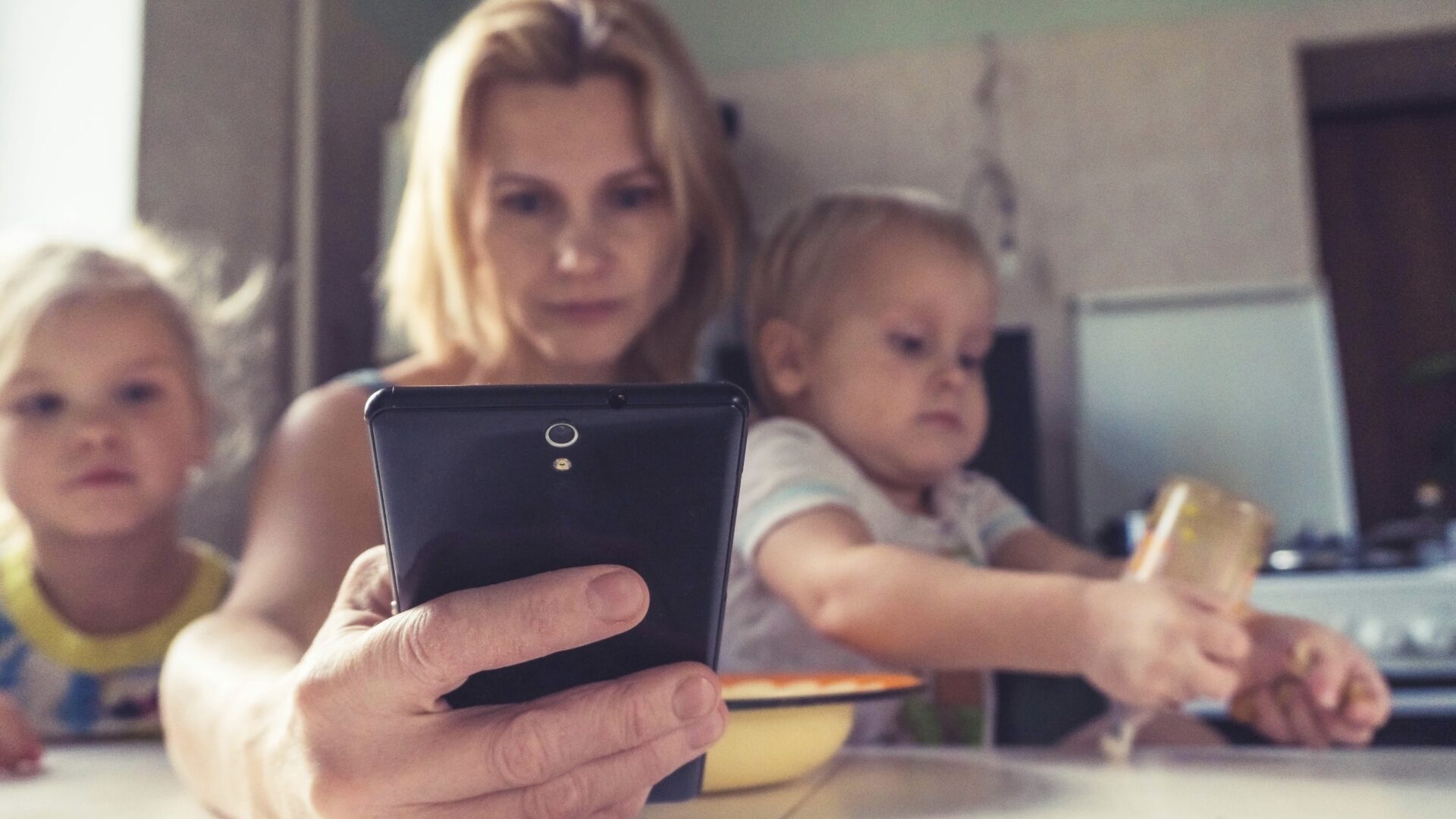
Your Screen Time Could Impact Your Child’s Language Development
By Movieguide® Contributor
A study by Estonian researchers found that higher screen time is linked to poorer language development for kids, especially among those who spend their time on video games.
To perform the study, researchers collected data from over 400 families about the screen use of parents, kids and the language proficiency of the children. They found that kid’s screen use tends to follow that of parents’, and higher screen use was linked to worse language ability.
“Our study reveals that children’s screen use patterns are similar to those of their parents,” said Dr Tiia Tulviste of the University of Tartu, lead author of the study. “Child language researchers emphasize the importance of everyday interactions with adults in early language development, where children are actively involved.”
“At the same time, we know that all family members tend to their screen devices,” Dr. Tulviste continued. “Because time is finite, we need to find out how this fierce competition between face-to-face interaction and screen time affects child language development.”
This study confirms the results of previous research which has linked screen time with slower language development. Researchers’ current theory for this correlation explains that by spending more time on screens, children receive less face-to-face interaction with adults, which is primarily how they develop key language skills such as grammar and vocabulary.
“While reading ebooks and playing some educational games may offer language learning opportunities, especially for older children, research shows that during the first years of life, the most influential factor is everyday dyadic face-to-face parent-child verbal interaction,” Dr. Tulviste explained.
Furthermore, this study found that video games were the worst use of screen time and were linked to extremely hindered language development. This trend held true even when kids were watching others play games and were not the ones playing themselves. This result, however, could be specific to Estonian families as few video games offer experiences in the Estonian language.
Movieguide® previously reported:
A new study found a link between a baby’s screen time and delayed development in communication, fine motor skills and problem-solving.
Japanese researchers studied 7,000 babies that were 1 year old to better understand how a baby’s screen time affects their brain’s development.
“The more screen time these babies had at 1 year of age, the worse their developmental milestones were at 2 years of age, particularly in the realm of communication,” ABC News’ chief health and medical correspondent Dr. Jennifer Ashton told Good Morning America. “Some of those developmental issues, like fine and gross motor skills and problem-solving skills, may have shown a ding at age 2 but then kind of compensated and recovered by age four.”
Fox News reported, “Those who spent four or more hours on their devices were 5.78 times more likely to experience the same delays as they got older. They were also 1.74 times more likely to have underdeveloped fine motor skills and two times more likely to have not properly developed their personal and social skills.”
Questions or comments? Please write to us here.


 - Content:
- Content: 

